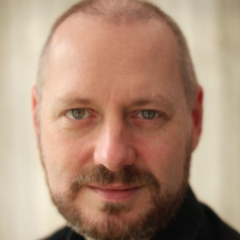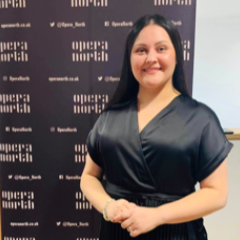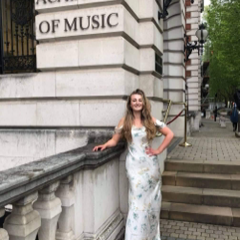What is opera singing and how is it different from other types of singing?
Opera singing is a unique and classical form of vocal performance that combines music, drama, and sometimes dance to tell a story. Unlike other types of singing, opera requires singers to have a strong understanding of music theory and to be proficient in multiple languages. This is because operas are often performed in their original language, such as Italian, German, or French. The vocal techniques used in opera are also distinct, with an emphasis on breath control, resonance, and vocal range. These techniques allow singers to project their voices over an orchestra without the use of microphones, which is a hallmark of opera singing. Additionally, opera singers often undergo rigorous training to master the emotional and theatrical aspects of their performance, making it a highly demanding yet rewarding art form.
How can I find opera singing tutors in the UK and what should I look for in a tutor?
Finding a qualified opera singing tutor in the UK can significantly enhance your learning experience, whether you are a beginner or an advanced student. Opera singing tutors can be found through various platforms, including TutorExtra UK, which offers a list of professionals with diverse expertise and backgrounds. When selecting a tutor, consider their educational background, teaching experience, and areas of specialisation. For instance, tutors with experience in classical and contemporary opera can offer a broader perspective on different singing techniques. Additionally, check if the tutor provides lessons in multiple formats, such as online or face-to-face, to suit your preferences. Tutors who offer a first lesson free can also be beneficial, allowing you to assess their teaching style and compatibility. Lastly, read reviews and testimonials from previous students to gauge the effectiveness of their teaching methods.
What are the benefits of learning opera singing in Brighton?
Brighton is a vibrant city that offers a rich cultural scene, making it an excellent location for learning opera singing. The city is home to numerous music festivals and events, providing ample opportunities for aspiring singers to gain exposure and experience. Studying opera in Brighton allows students to immerse themselves in a creative environment, surrounded by like-minded individuals and professionals. Moreover, the city's close proximity to London means access to world-class performances and workshops, further enhancing the learning experience. Brighton's diverse artistic community also encourages collaboration and networking, essential components for aspiring opera singers. By learning opera singing in Brighton, students can benefit from both the artistic and cultural resources available, fostering their growth and development in this classical art form.
What opportunities are available for opera singers in London?
London is a global hub for the performing arts, offering numerous opportunities for opera singers to advance their careers. The city's prestigious opera houses, such as the Royal Opera House and the English National Opera, provide platforms for both emerging and established singers to showcase their talents. Additionally, London hosts a variety of music festivals and competitions, which serve as stepping stones for singers seeking to gain recognition and experience. The city's vibrant arts scene also means there are countless opportunities for networking and collaboration with other artists and musicians. Furthermore, London is home to some of the world's top music conservatoires, offering high-quality training and development for opera singers. These institutions often have strong ties with leading opera companies, providing students with valuable industry connections and potential job opportunities.
How can I improve my vocal range for opera singing?
Improving your vocal range for opera singing involves a combination of technique, practice, and guidance from a skilled tutor. Start by focusing on breath control, as it is crucial for sustaining notes and achieving a wider range. Engaging in regular vocal exercises, such as scales and arpeggios, can help to strengthen your vocal cords and increase flexibility. Additionally, maintaining a proper posture will enhance your ability to project your voice effectively. Working with an experienced opera singing tutor can provide you with tailored exercises and feedback to address your specific needs. Moreover, consider studying different languages, as opera singing often requires proficiency in languages like Italian, French, and German. This linguistic knowledge will not only improve your diction but also enhance your understanding of the operatic repertoire, ultimately broadening your vocal range.
What are the health benefits of learning opera singing?
Learning opera singing offers a range of health benefits, both physical and mental. Physically, opera singing is an excellent workout for the respiratory system, as it requires deep, controlled breathing, which can enhance lung capacity and improve overall respiratory health. The diaphragmatic breathing technique used in opera singing also promotes better posture and core strength. Mentally, opera singing can be a powerful stress reliever, as it encourages the release of endorphins, the bodyâs natural 'feel-good' chemicals. This can lead to reduced anxiety and improved mood. Moreover, the cognitive demands of opera singing, such as memorising lyrics and understanding complex musical compositions, can enhance mental acuity and concentration. Engaging in opera singing also fosters self-confidence and self-expression, contributing to a greater sense of well-being and personal fulfilment.














